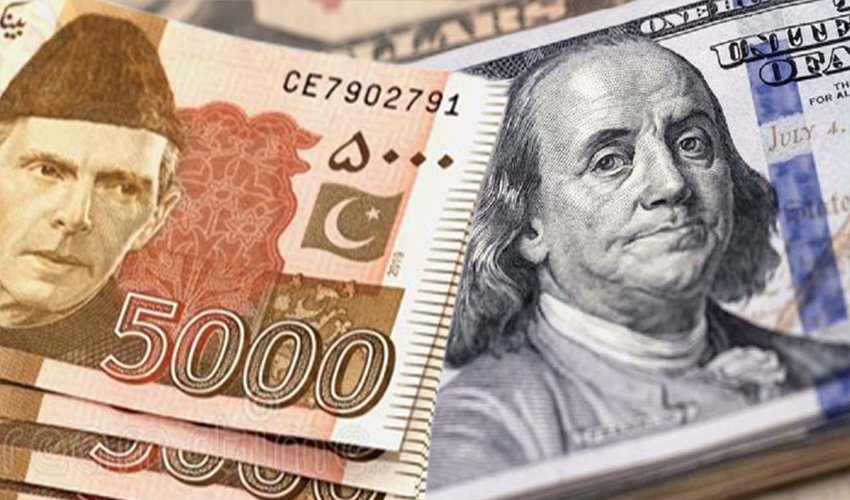The President of the Pakistan Business Forum (PBF), Khawaja Mehboob-ur-Rehman, has called on Finance Minister Muhammad Aurangzeb to take immediate and decisive measures to stabilize the Pakistani rupee and address the country’s pressing economic challenges. In a letter to the minister, Rehman acknowledged the government’s efforts to stabilize the economy but expressed concern over persistent issues that continue to hinder tangible progress.
The PBF highlighted that despite the successful launch of another International Monetary Fund (IMF) program, the Pakistani rupee has failed to appreciate against the US dollar, fluctuating between 277 and 279. The letter emphasized that the value of the rupee is a critical indicator of the nation’s economic health and remains a major concern for both the general public and the business community.
“It is imperative that the government takes immediate and decisive steps to strengthen the Pakistani rupee,” the letter stated. “Without a stronger rupee, efforts to alleviate financial pressures on citizens, especially the business community, will remain ineffective.”
The PBF also raised concerns over the soaring electricity and gas bills in 2024, which have placed immense strain on the people of Pakistan. The letter stressed the need for a comprehensive approach to address these challenges, particularly as the country looks ahead to the coming year.
On the agricultural front, the PBF noted that farmers are facing severe hardships, with many unable to recover their production costs. This has led to reduced agricultural output and raised concerns about the wheat harvest for the next year. According to the letter, wheat has been sown on only 12 million acres in Punjab, far below the target of 16.5 million acres. The PBF called for the urgent implementation of a fair and sustainable cost-of-production mechanism to support farmers and ensure food security.
The letter also pointed to broader economic challenges, including inflation, political instability, rising fuel costs, high taxation, and ineffective trade policies. To address these issues, the PBF proposed the formulation of a “Charter of the Economy” supported by broad political consensus and civil society. Such a charter, the PBF argued, would outline necessary reforms and policies to stimulate economic growth, reduce inequality, create jobs, alleviate poverty, enhance food security, and promote human development.
Drawing comparisons to India’s economic reforms since 1989, the PBF highlighted the benefits of sustained reform and political stability. India has attracted nearly $500 billion in foreign direct investment (FDI) over the past nine years—more than it received in the entire period since its independence. This, the PBF noted, underscores the importance of long-term, consistent policies in driving economic success.
The PBF urged the government to develop a Charter of the Economy with broad-based political agreement on key issues such as public spending, taxation rates, and monetary stability. “It is in the interest of all major political parties to come together and develop a consensus on these policies for the betterment of the nation,” the letter stated.
Additionally, the PBF called on the finance minister to announce a clear and actionable roadmap for 2025. This roadmap, the letter suggested, should address critical challenges such as currency instability, rising energy costs, and inefficiencies affecting businesses.
“A comprehensive strategy is vital to create an enabling environment for private sector growth, drive economic recovery, and improve the standard of living for all Pakistanis,” the letter concluded.










